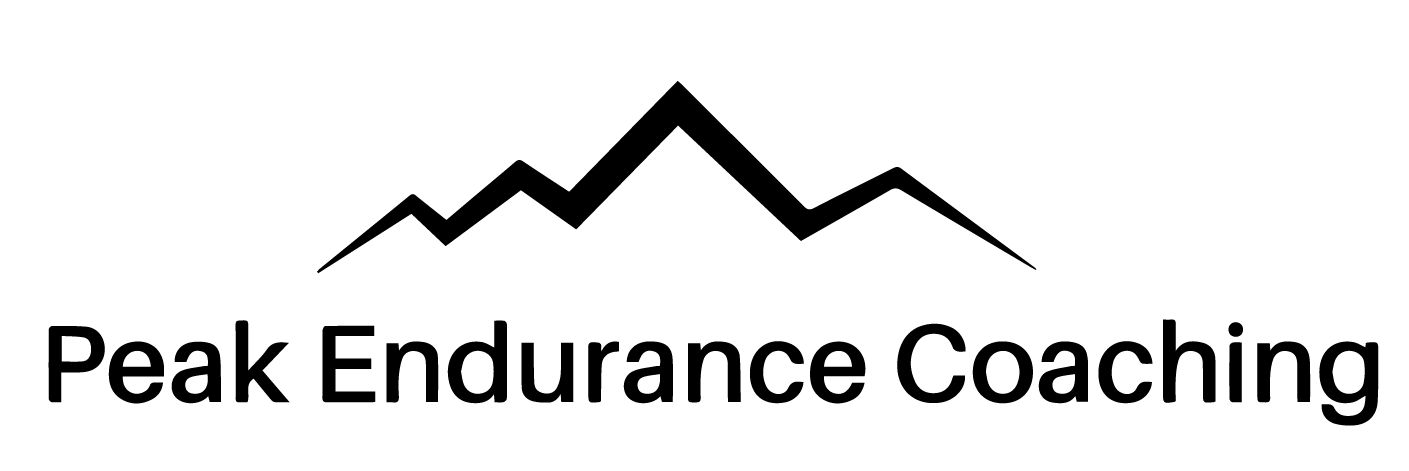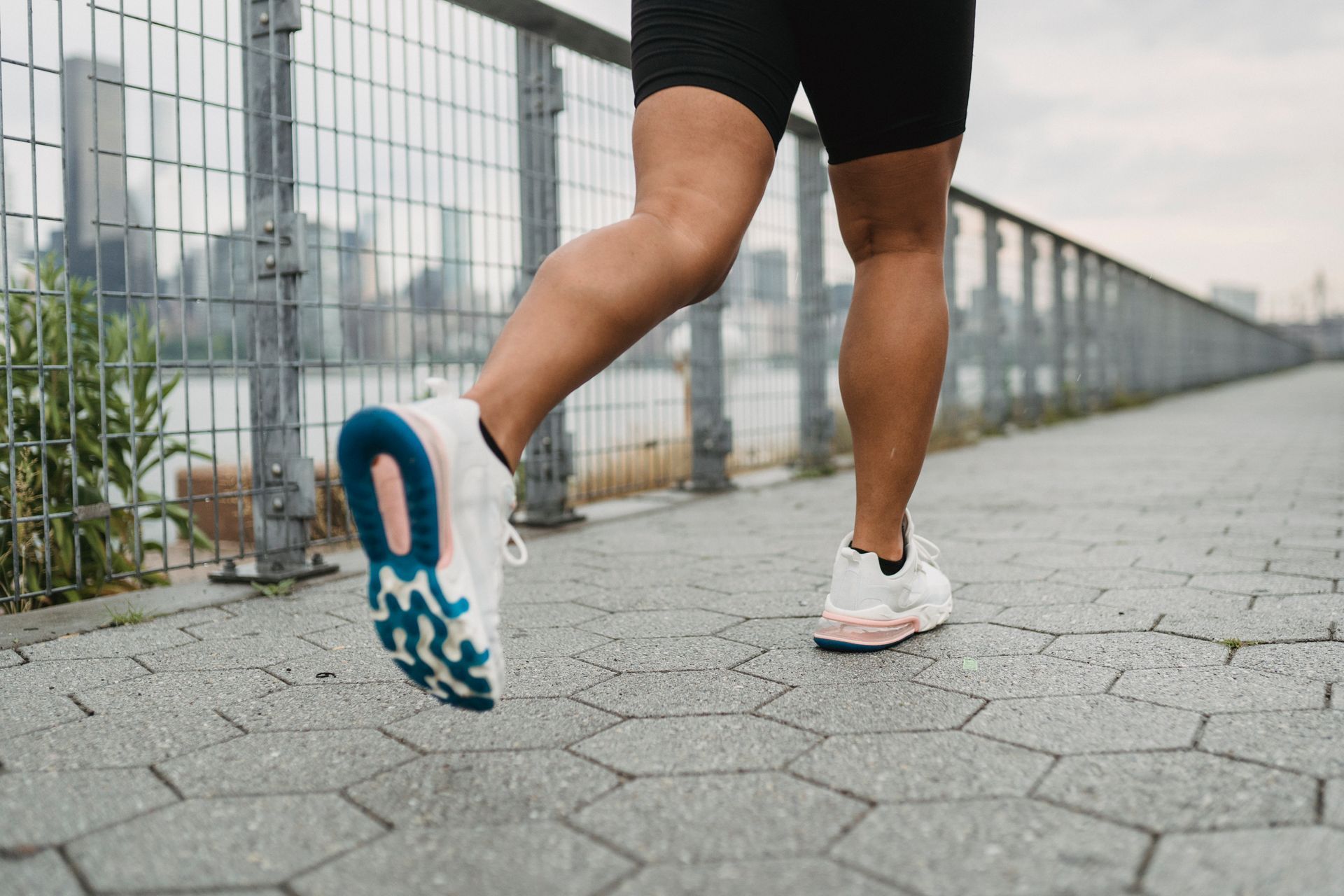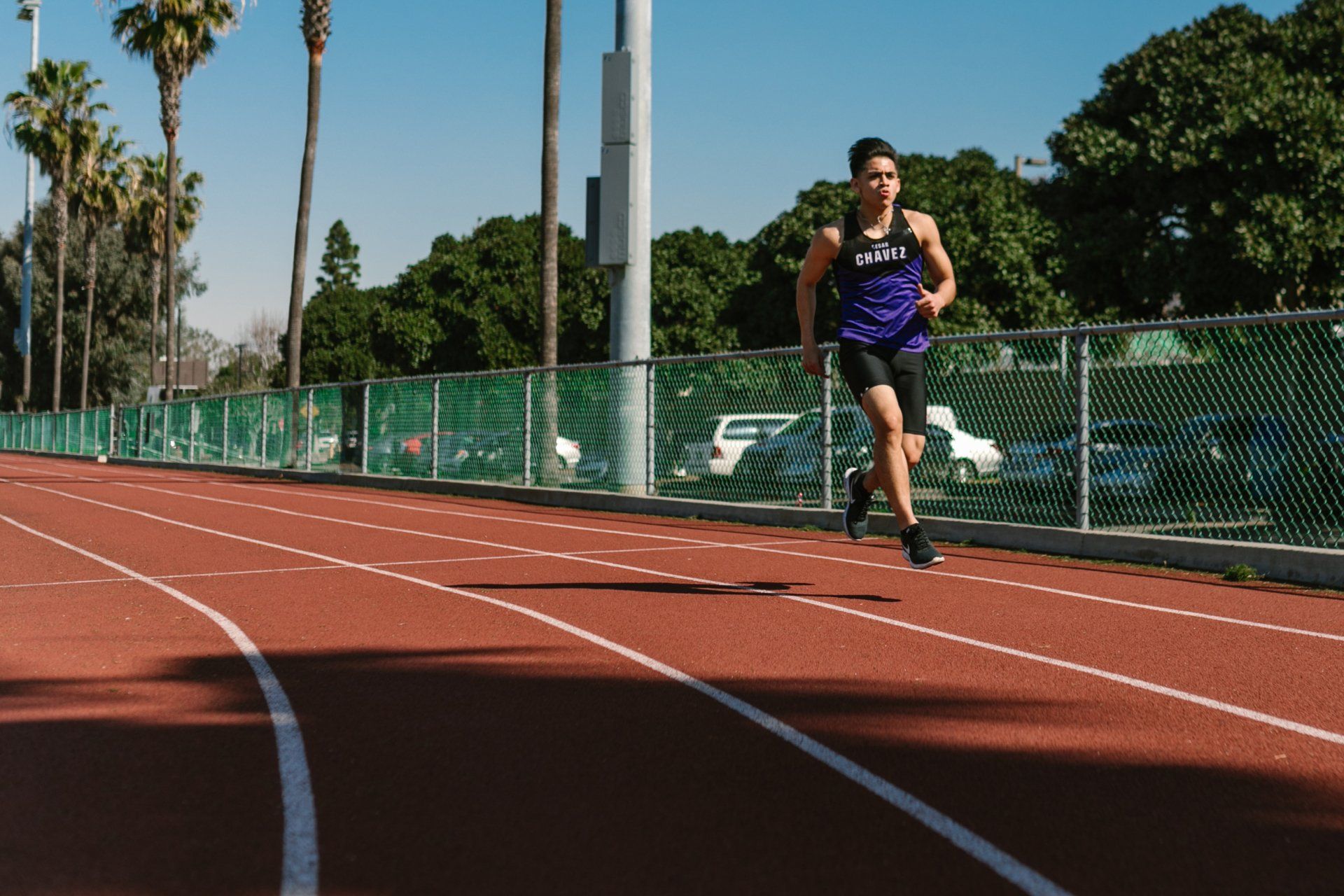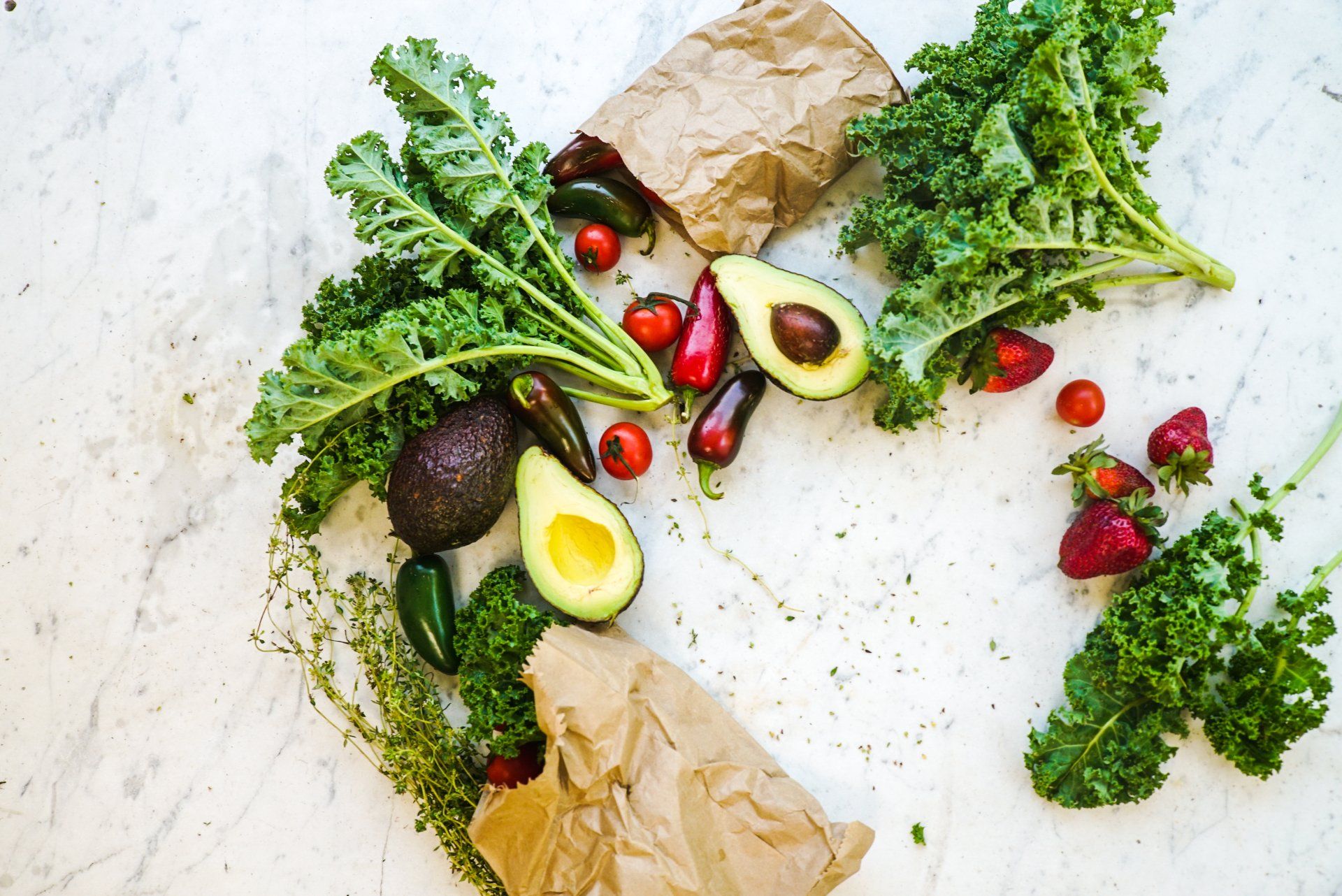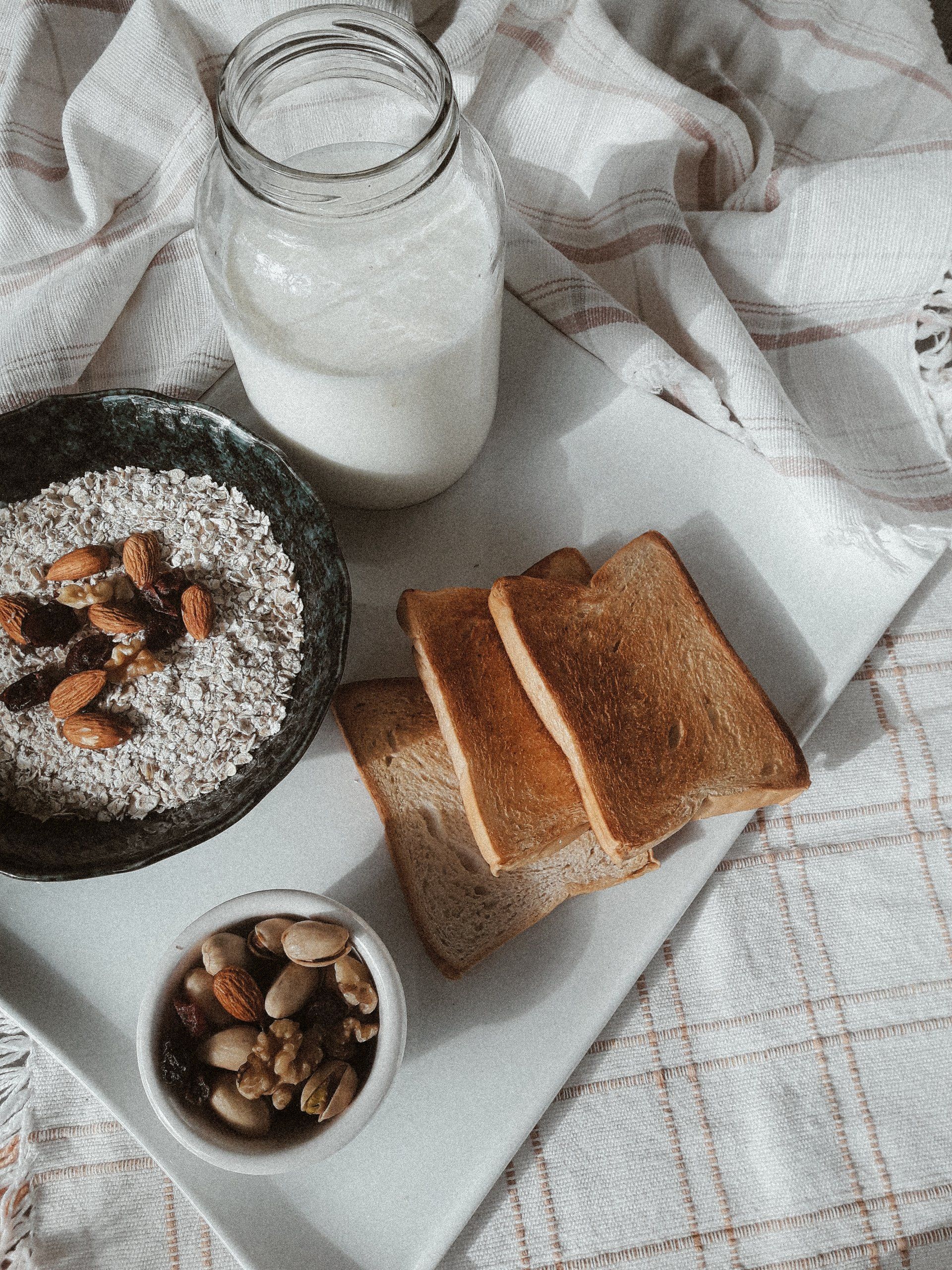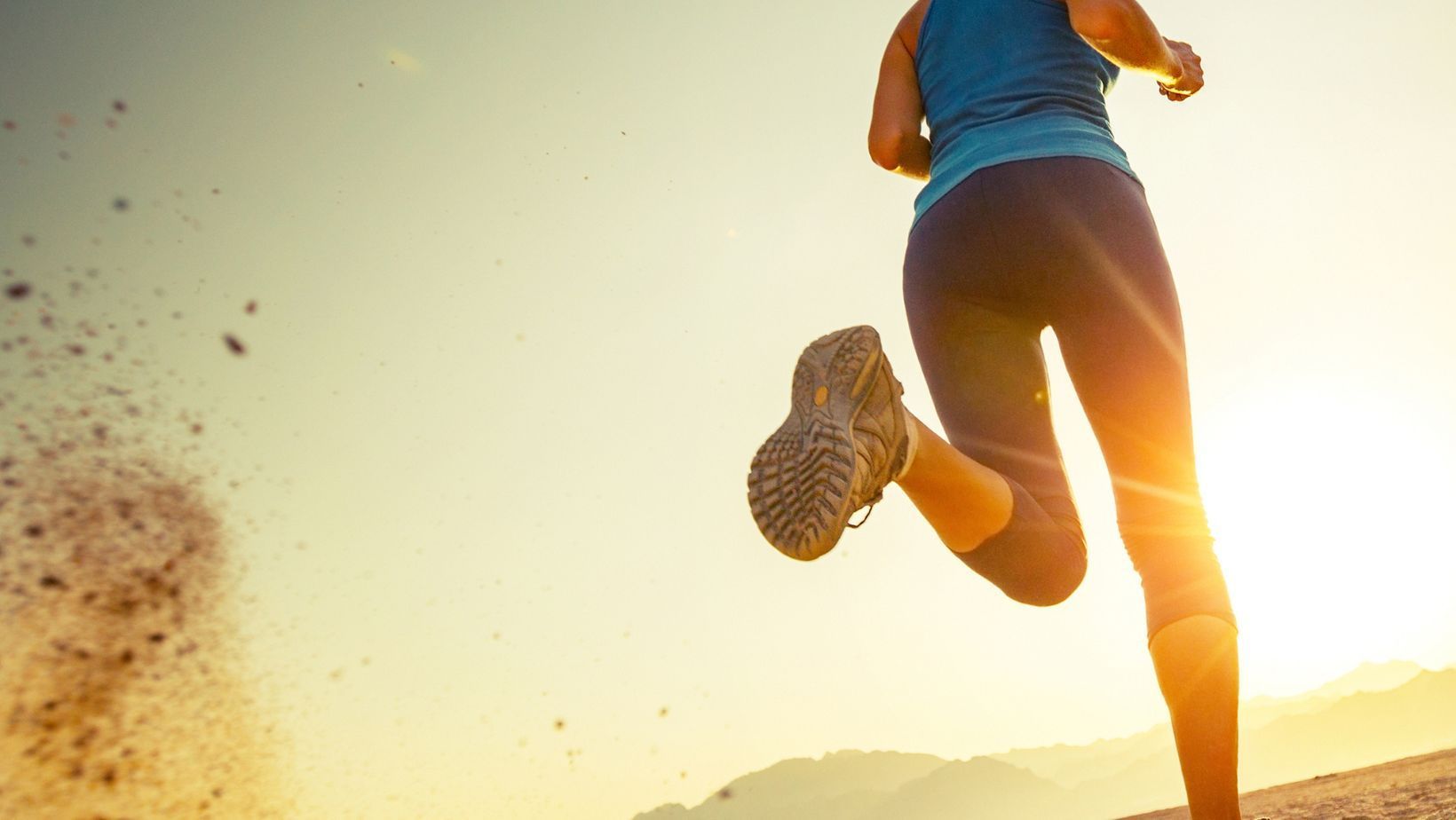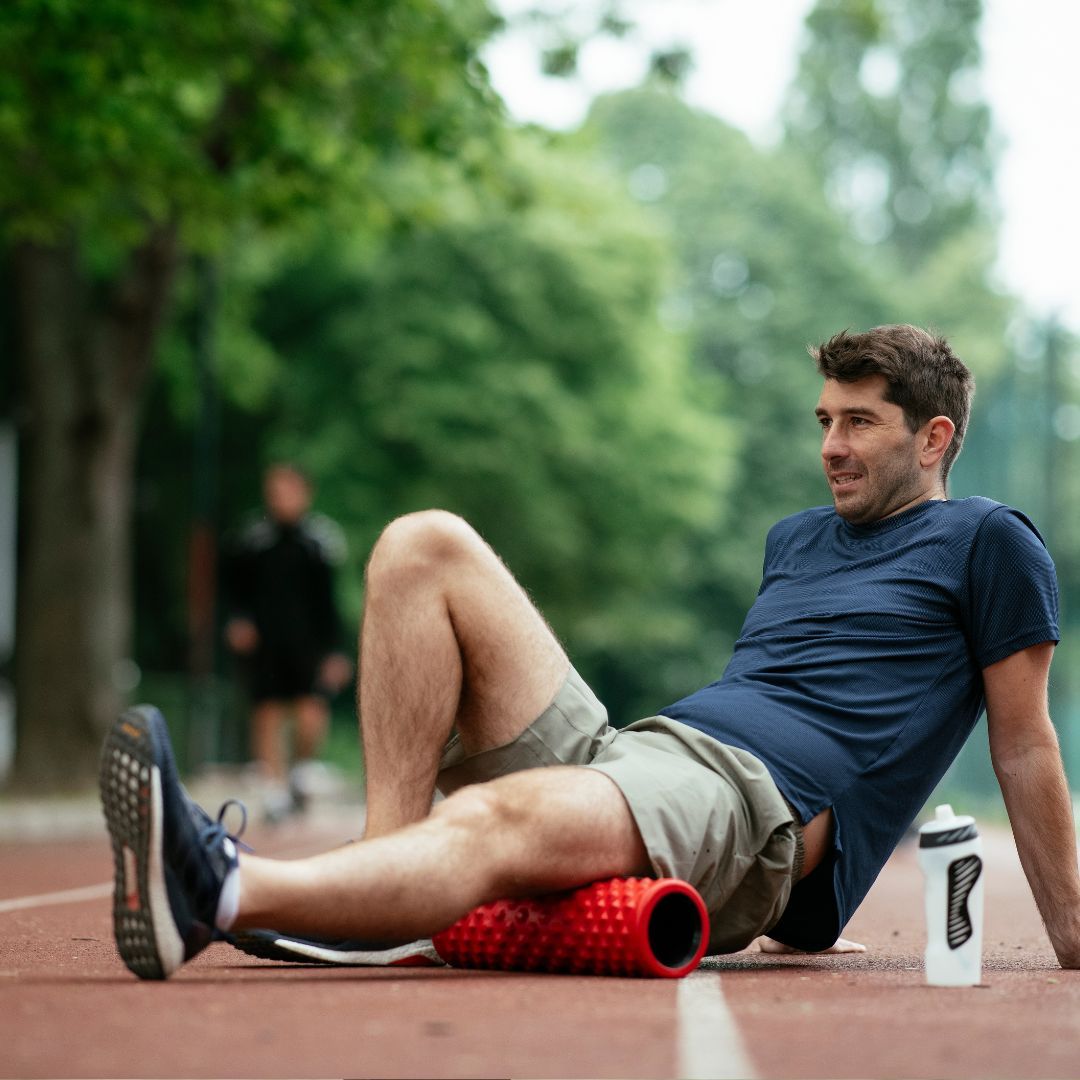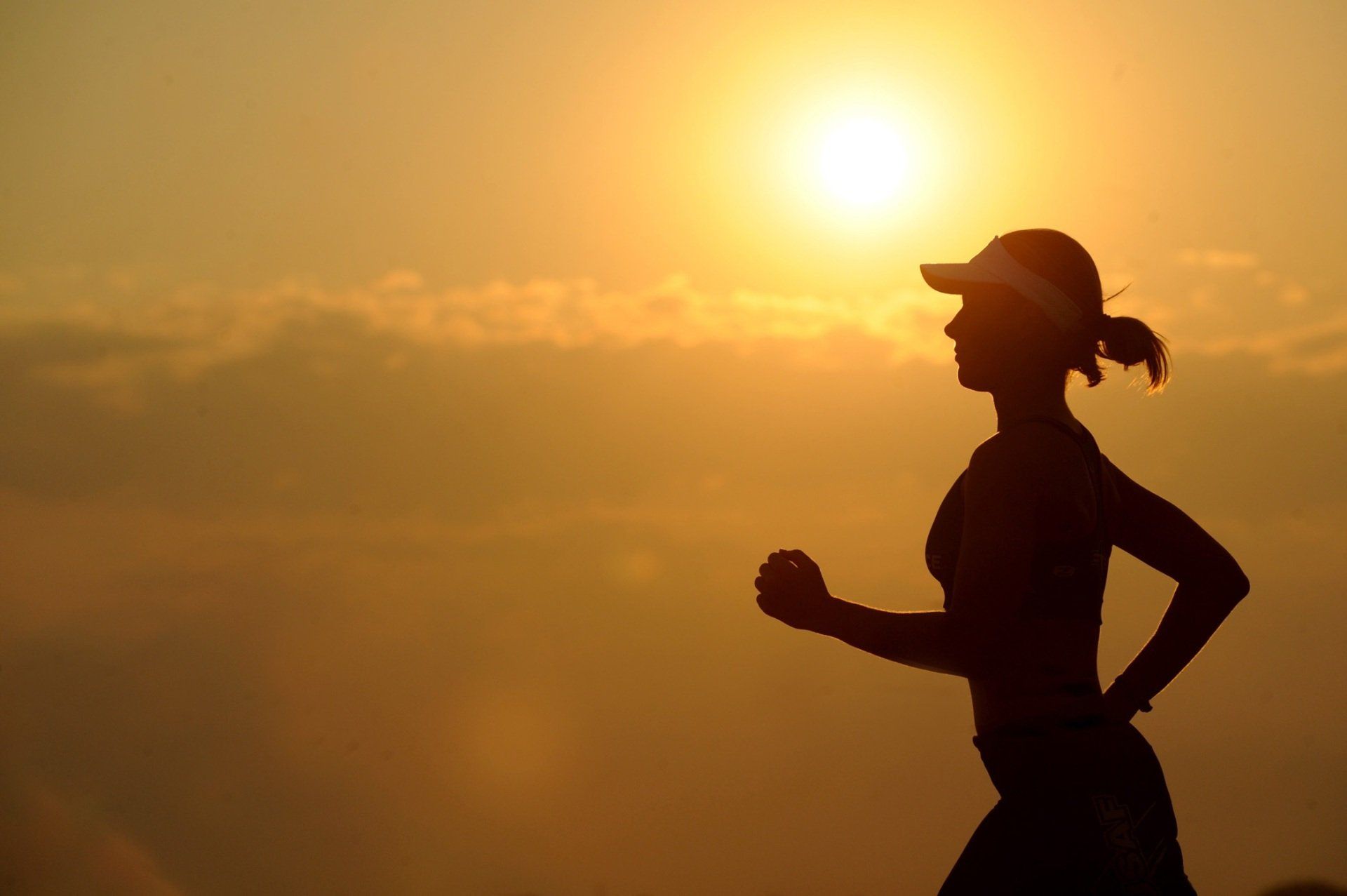What's The Best Time to Train?
Learn more about the time at which our bodies perform at their best.
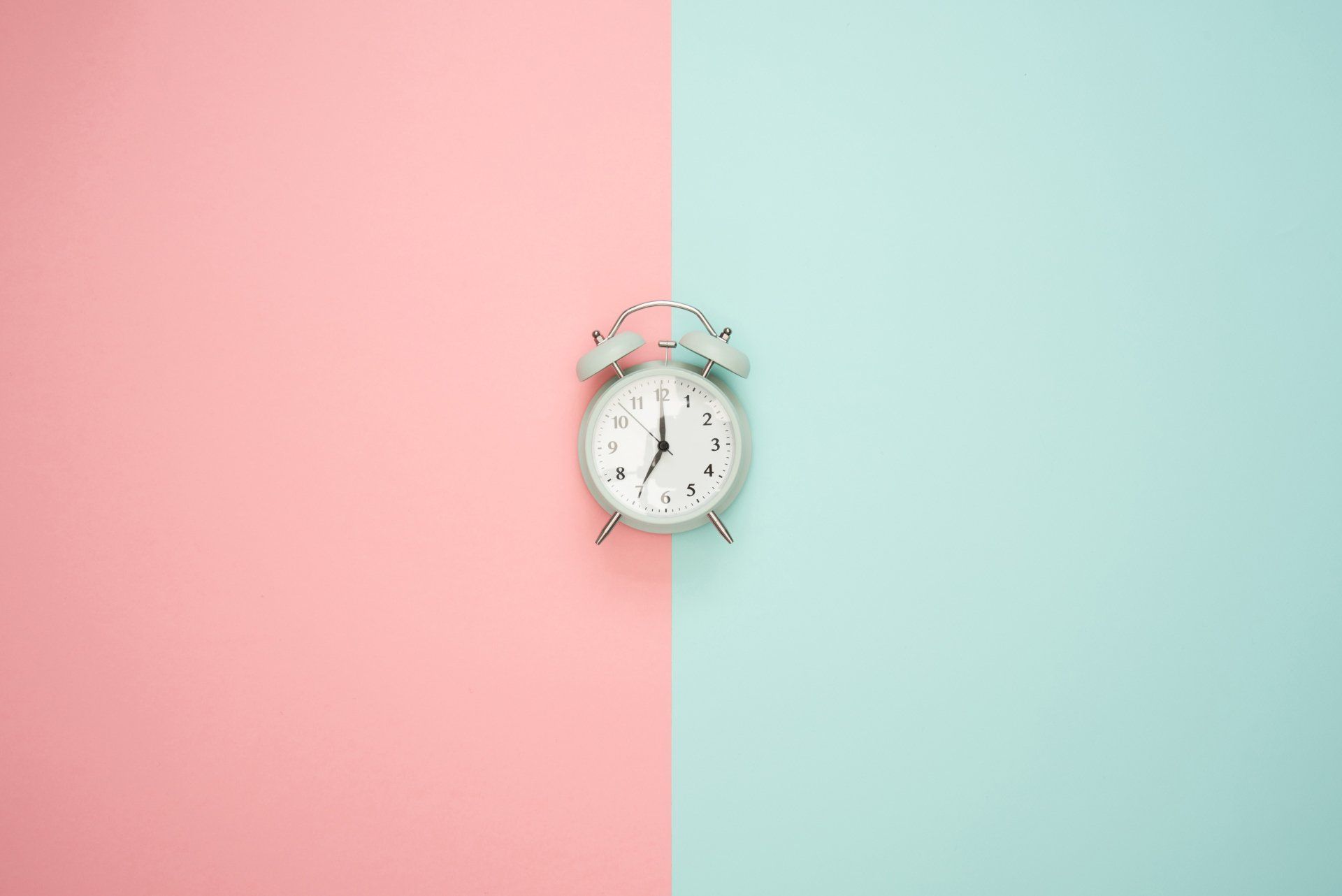
Are you a morning runner, or do you prefer to be in the night owls club?
Have you ever wondered which time of day is the best for getting your run done?
If so, then get ready to learn the science behind what's the best time to train.
Whether it be during work hours, pre-work in the am, or post-daytime adventure in the pm, understanding how and when our bodies work optimally can equip us with all we need to hit our desired goals faster - however that looks like to each one of us!
We'll dive into all there is to know about optimising training and why timing matters, so read on!
Circadian Rhythms
When it comes to finding the best time to exercise, it is important to understand the body's natural sleep & wake-time rhythms, also known as circadian rhythms.
The body's circadian clock involves a variety of powerful biological processes that govern our daily activities and behavior.
Most importantly, these controlled rhythms can influence our fitness by regulating major body functions and energy levels.
This is especially significant for athletes, as studies suggest that there exists a relationship between peak performance output and the timing of an athlete's daily physical activity.
An individual's peak time for athletic accomplishments may differ depending on individual factors, such as lifestyle and sleep.
The Best Time, Biologically
As you learned, the body's internal clock, also known as the circadian rhythm, plays a large role in influencing our athletic performance.
The circadian rhythm is responsible for winding us up mentally and physically, making sure we are awake during the day and tired at night so that our bodies function at their optimum levels.
It stands to reason then that athletes perform differently at different times of the day depending on the strength of their circadian rhythm.
Generally speaking, athletic performance seems to be highest in the late afternoon and evening when circadian rhythms are in peak effect and lowest in the morning when the effects of this natural process have yet to kick in.
A fairly recent study from 2012 concluded the following:
"During high-intensity exercise, the effect of time of day has been well established with early morning lowest performances and peak performances in the late afternoon."
Individual Factors
When it comes to scheduling your workout routine, the afternoon might be the general ideal time to train.
Well, at least according to the research because as we just learned, this is when we reach our physiological peak on the 24-hour scale.
However, everyone is different, and there are a few important personal factors that can play a role in figuring out the best time for you to exercise.
For example, those with erratic sleep habits or busy daily schedules may find running in the early morning or evening hours to be more convenient and beneficial.
Additionally, if you work a night-shift job or tend to stay up late on certain days of the week, scheduling workouts for earlier in the day might help keep you more consistent in your regimen.
Even more so, though performance may be suboptimal in the morning, for some people, a morning workout is better than a coffee and helps them snowball the energy rush from a training session for the entire day. Some people may find work tires them out so much there is no way they could train after work.
Taking into account such individual concerns can really help you establish an effective workout schedule that works for you.
Final Thoughts
So, what does this all mean for you as an athlete?
Well, science says that the best time to train is in the afternoon because that is when your body is performing at its peak. But don't forget to consider individual factors like sleep, schedule, and preferences when planning your training routine.
Experiment a little and find what works best for you! Ultimately there is no best time for everyone, just what works best for you!
